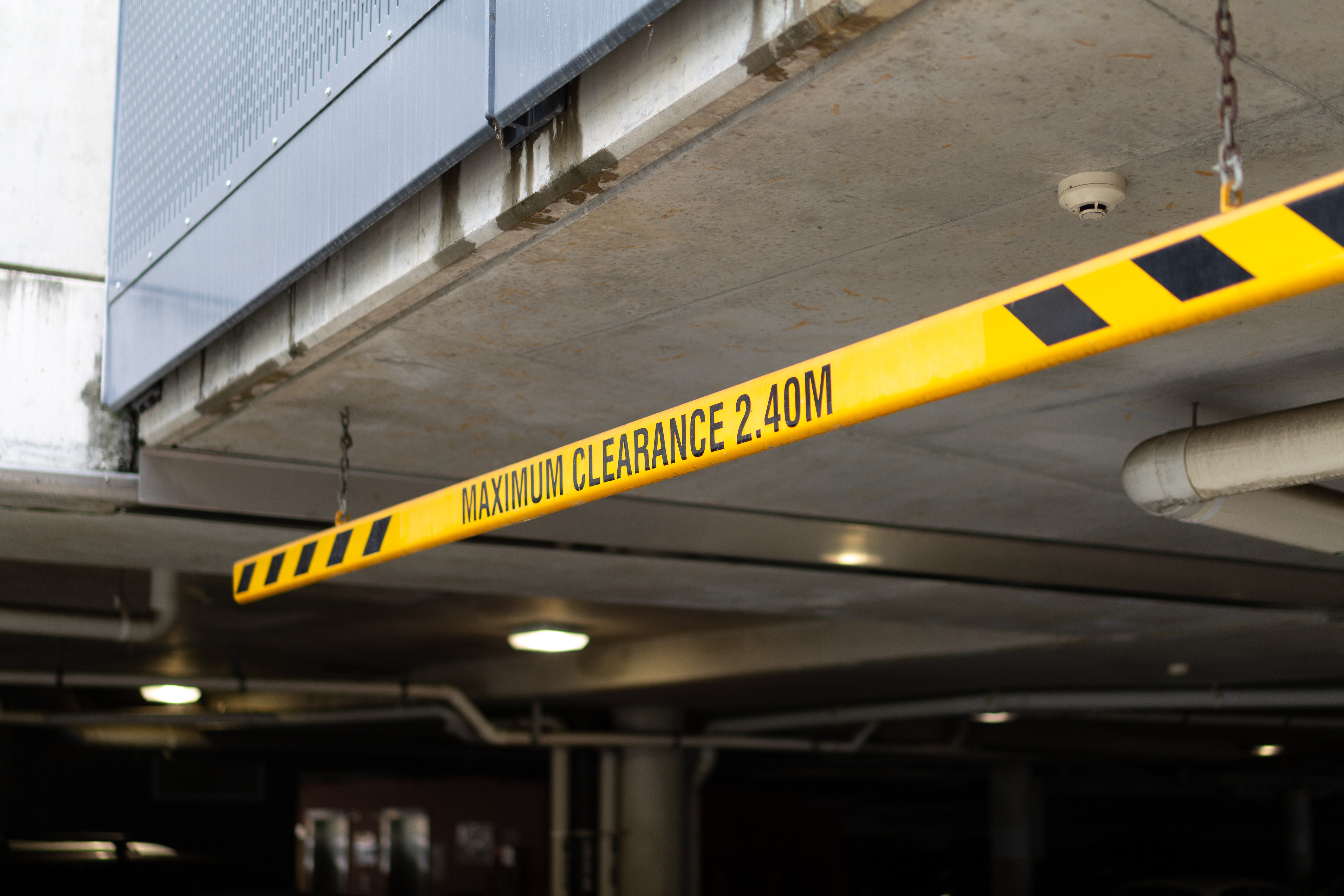Can you get an injunction to prevent someone you don’t know from doing something they might not do?
This was a question which we previously considered in Knowing Persons Unknown. The Supreme Court in London recently revisited the issue in the context of local authorities restraining unauthorised and unknown persons from breaching planning control and trespassing on land.
Background
Between 2015 and 2020, various local authorities sought injunctions to prevent unauthorised encampments by “persons unknown”.
Mr Justice Nicklin then reviewed the use of this type of injunction. He concluded that although interim injunctions could be granted against persons unknown, final injunctions could only be granted against an identified individual.
On appeal, the Court of Appeal held that:
“…the judge was wrong to hold that the court cannot grant final injunctions that prevent persons, who are unknown and unidentified at the date of the order, from occupying and trespassing on land”
Various interest groups were granted permission to intervene in the proceedings .. They appealed the question of ‘newcomer injunctions’ – that is, injunctions relating to persons unknown or not yet known, who may subsequently fall within its terms –to the Supreme Court.
Judgment
Dismissing the appeal, the Supreme Court concluded that injunctions could be granted against “newcomers”. Newcomer injunctions are an equitable remedy and should be available to courts where other remedies are inadequate.
They said:
“We have considerable doubt as to whether it could ever be justifiable to grant a Gypsy or Traveller injunction which is directed to persons unknown, including newcomers, and extends over the whole of a borough or for significantly more than a year. It is to be remembered that this is an exceptional remedy, and it must be a proportionate response to the unlawful activity to which it is directed.”
Therefore, an applicant for a newcomer injunction should be able to:
- demonstrate a compelling need not met by any other remedies
- include protections for the rights of newcomers
- comply fully with the duty of disclosure attaching to without notice applications
- show that it is “just and convenient”
In granting newcomer injunctions, courts should ensure they do not apply for a disproportionately long period or wide geographical area.
Comment
Injunctions against ‘persons unknown’ are nothing new. Such applications have become popular since 2015. The Supreme Court focused on the ability to bind ‘newcomers’ who cannot be identified or participate in the trial when the final injunction is made and who may, in the future, be bound by the terms of the final injunction.
Although this was in the context of encampments by Gypsies and Travellers, the principles will have broader application.
For landowners, there is comfort in being able to take pre-emptive action in appropriate circumstances. For newcomers, there is comfort in the guidance and security measures to protect the right to protest and respect for a nomadic way of life.
For more information about this article or any other aspect of Commercial Litigation and Dispute Resolution, contact your Napthens Solicitors in Preston, Liverpool, and across the North West today.


